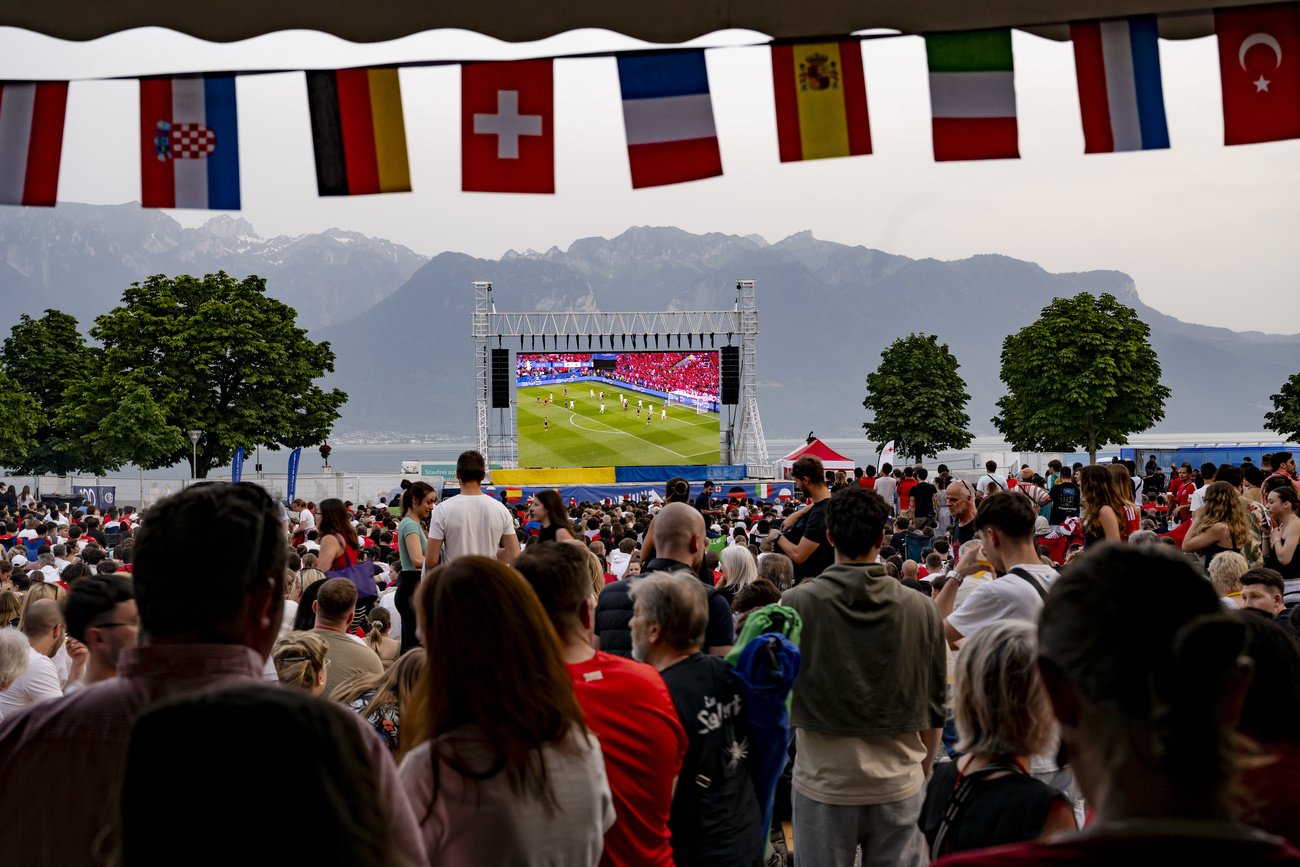
One in five people in Switzerland do not get enough exercise, according to the WHO

According to a report by the World Health Organization, people around the world do not get enough exercise. This has significant consequences for people’s health and creates a significant financial burden on the healthcare system, the WHO reports in the scientific journal The Lancet Global Health Journal.
According to the study, one in five people in Switzerland is also not active enough. Nevertheless, this proportion of people who do too little exercise is lower than the global average.
Daily news – Get the most important news from Switzerland in your inbox.
According to the World Health Organization (WHO), 31% of adults worldwide are not active enough. That is a total of 1.8 billion people.
“Watching sport is not enough”
The WHO recommends 150 minutes of moderate-intensity endurance activity per week. This is more than just walking, rather brisk walking that gets your heart rate up. Alternatively, 75 minutes of high-intensity activity that gets you out of breath is recommended, like playing football, for example.
+Winners and losers: sports betting in Switzerland
In reference to the European Football Championships which are currently taking place, Rüdiger Krech, Director of Health Promotion at the WHO, warned: “Watching sport is not enough. Don’t just sit there, get active. Every step counts.”
The Swiss are becoming more active
According to an action plan, the global proportion of people with too little exercise should fall from 26.4% in 2010 to 22.4% by 2030. However, the trend is heading in the opposite direction. If nothing more is done, the WHO estimates that this figure will rise to 35% by 2030.
+Swiss spend CHF2.17 billion on sporting goods
In Switzerland, however, the trend is moving in the right direction. In 2010, the number of people who did too little exercise was still significantly higher at around 29% compared to 19% in 2022. If the trend continues, the proportion of people in Switzerland with too little exercise is likely to be around 17% in 2030.
Adapted from German by DeepL/dkk/amva
This news story has been written and carefully fact-checked by an external editorial team. At SWI swissinfo.ch we select the most relevant news for an international audience and use automatic translation tools such as DeepL to translate it into English. Providing you with automatically translated news gives us the time to write more in-depth articles.
If you want to know more about how we work, have a look here, if you want to learn more about how we use technology, click here, and if you have feedback on this news story please write to english@swissinfo.ch.

In compliance with the JTI standards
More: SWI swissinfo.ch certified by the Journalism Trust Initiative
















![The four-metre-long painting "Sonntag der Bergbauern" [Sunday of the Mountain Farmers, 1923-24/26] had to be removed by a crane from the German Chancellery in Berlin for the exhibition in Bern.](https://www.swissinfo.ch/content/wp-content/uploads/sites/13/2025/12/01_Pressebild_KirchnerxKirchner.jpg?ver=a45b19f3)











You can find an overview of ongoing debates with our journalists here . Please join us!
If you want to start a conversation about a topic raised in this article or want to report factual errors, email us at english@swissinfo.ch.